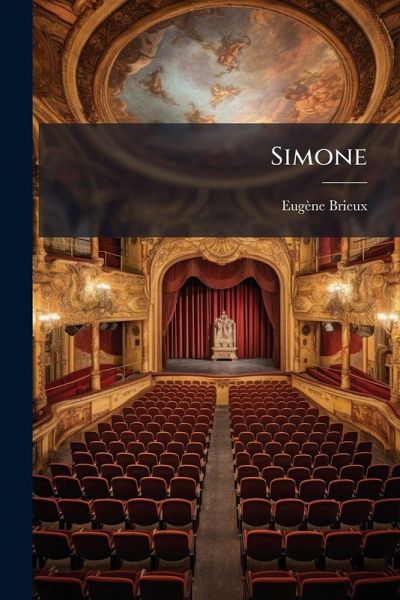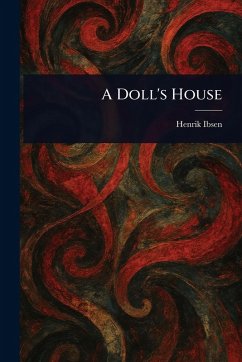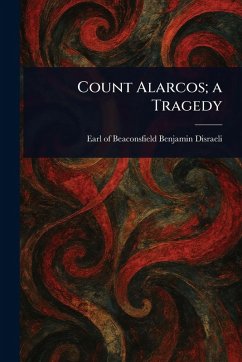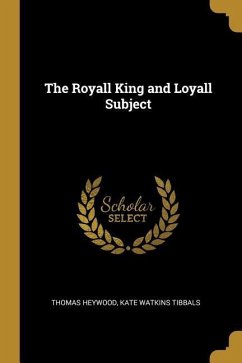
Simone

PAYBACK Punkte
9 °P sammeln!
Simone: Pièce en trois actes is a compelling drama by Eugène Brieux, originally published in 1913. This work offers a poignant exploration of human relationships and societal norms through the lens of early 20th-century French theater. Brieux, known for his socially conscious plays, crafts a narrative that invites readers to reflect on the complexities of the human condition. This play showcases the author's talent for creating vivid characters and engaging dialogues, making it a valuable addition to any collection of classic French literature. "Simone" remains relevant for its insightful co...
Simone: Pièce en trois actes is a compelling drama by Eugène Brieux, originally published in 1913. This work offers a poignant exploration of human relationships and societal norms through the lens of early 20th-century French theater. Brieux, known for his socially conscious plays, crafts a narrative that invites readers to reflect on the complexities of the human condition. This play showcases the author's talent for creating vivid characters and engaging dialogues, making it a valuable addition to any collection of classic French literature. "Simone" remains relevant for its insightful commentary on the challenges and triumphs of individuals navigating a changing world. This work has been selected by scholars as being culturally important, and is part of the knowledge base of civilization as we know it. This work was reproduced from the original artifact, and remains as true to the original work as possible. Therefore, you will see the original copyright references, library stamps (as most of these works have been housed in our most important libraries around the world), and other notations in the work. This work is in the public domain in the United States of America, and possibly other nations. Within the United States, you may freely copy and distribute this work, as no entity (individual or corporate) has a copyright on the body of the work. As a reproduction of a historical artifact, this work may contain missing or blurred pages, poor pictures, errant marks, etc. Scholars believe, and we concur, that this work is important enough to be preserved, reproduced, and made generally available to the public. We appreciate your support of the preservation process, and thank you for being an important part of keeping this knowledge alive and relevant.












